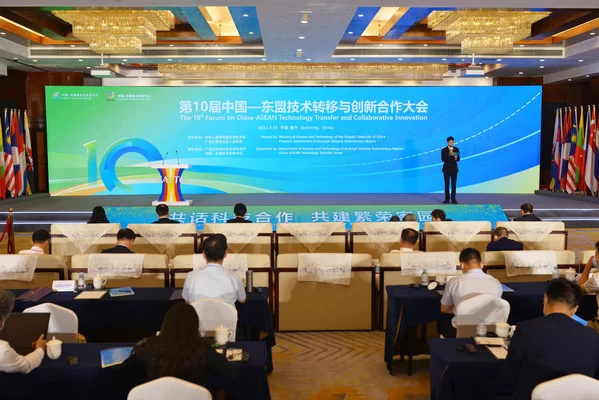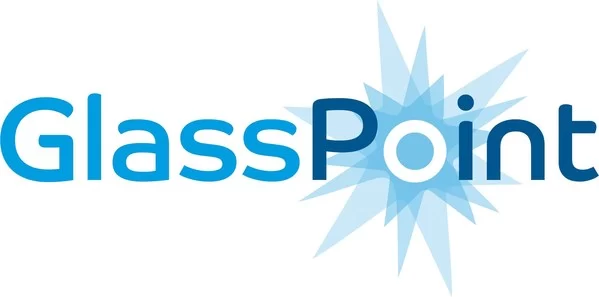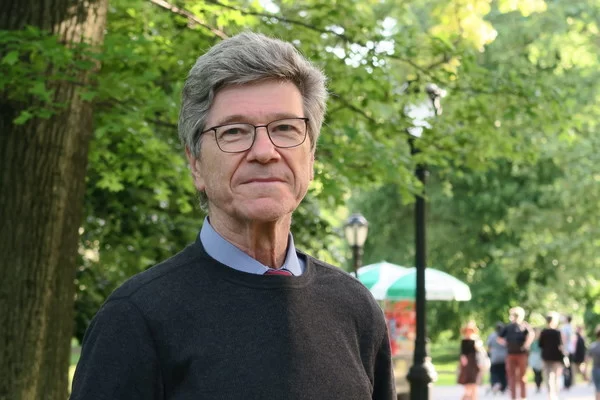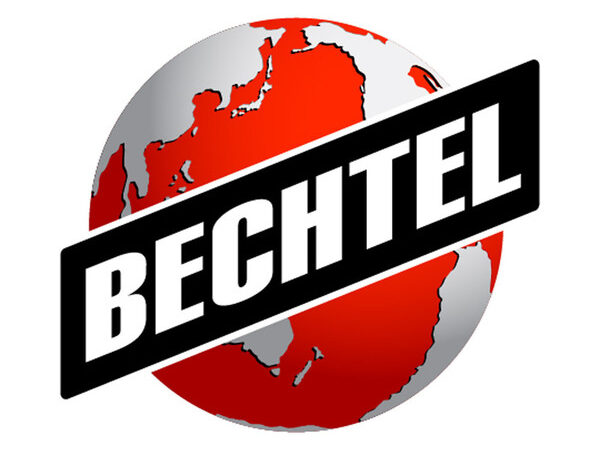BEIJING, Sept. 17, 2022 — The following is a report from CRI Online: The site of the event. Photo by Lei Qijun The…
Clarivate Launches New Global Research Report Urging Action on Ocean Science
Research must rise to meet challenges such as microplastics pollution and climate change LONDON, July 27, 2022 — Clarivate Plc (NYSE:CLVT), a global leader…
Former Australian Prime Minister and Former Alcoa COO Join GlassPoint’s Advisory Board
New advisory board members will help solar steam leader meet the soaring demand for industrial decarbonization NEW YORK, July 21, 2022 — Today,…
The 6th WIC kicks off in Tianjin
TIANJIN, China, June 25, 2022 — The online opening ceremony of the 6th World Intelligence Congress (WIC) cum Summit on Innovative Development…
Jeffrey Sachs Awarded 2022 Tang Prize in Sustainable Development for Leading Transdisciplinary Sustainability Science
TAIPEI, June 18, 2022 — The Tang Prize, an international academic award set up to create a better world for all of humanity, is poised to announce its 2022…
Bechtel launches second round of STEM Returners program
Career-break engineers helping to shape team performance BRISBANE, Australia, June 17, 2022 — Bechtel announced today launch of second intake of STEM…
Turnitin and Japanese Science and Technology Agency announce content partnership
TOKYO, May 10, 2022 — Turnitin—a leading provider of academic integrity and assessment solutions—and Japanese Science and Technology Agency (JST)—a government agency responsible for implementing science and technology policy in…
Panoramic Atlases of Life Published in Cell Mark Establishment of SpatioTemporal Omics Consortium
STOC launches with more than 80 scientists joining globally, focused on obtaining the greatest scientific benefits from spatially resolved transcriptomics technology; first studies use BGI-Research’s Stereo-seq to produce spatiotemporal…
Kakao Brain Unveils Efficient Text-to-Image Generator, RQ-Transformer, on GitHub
Doubled the sampling speed compared to company’s ‘minDALL-E’ model Achieved enhanced quality and faster sampling speed by configuring high-resolution images as low-resolution 3D tensors Technology to be presented…
TopEdit and Turnitin partner to support research publication integrity in China
TopEdit, a provider of academic editing and publication support services to Chinese researchers, becomes an official partner of Turnitin’s plagiarism prevention service, iThenticate, in China. SHANGHAI, April 19,…












